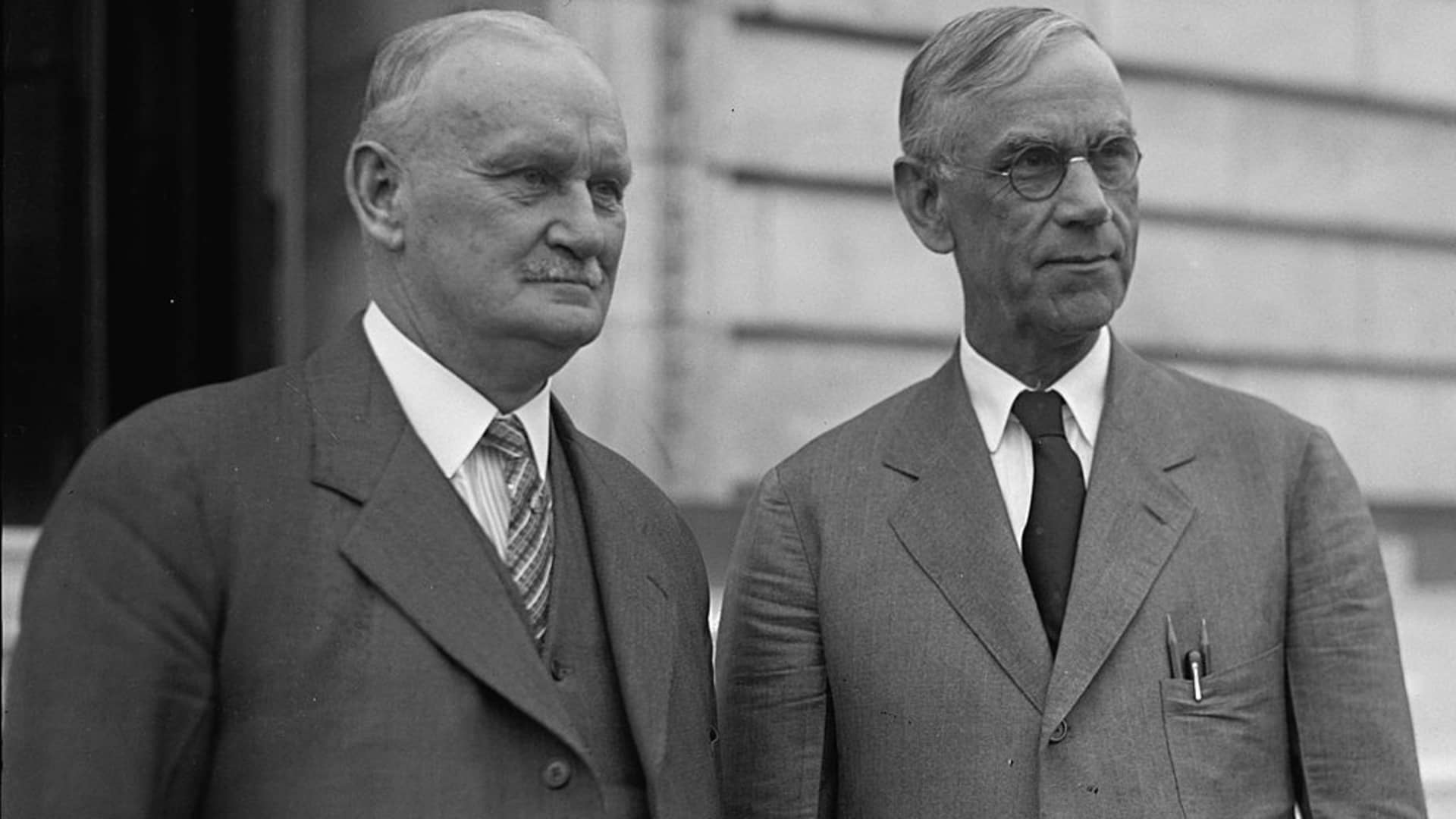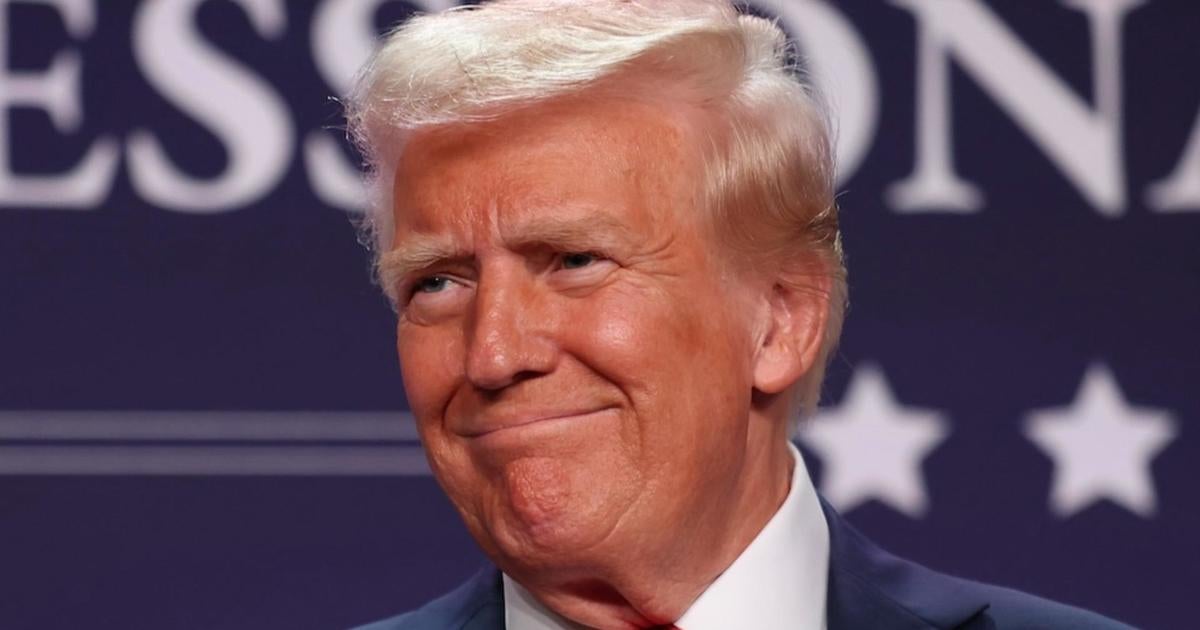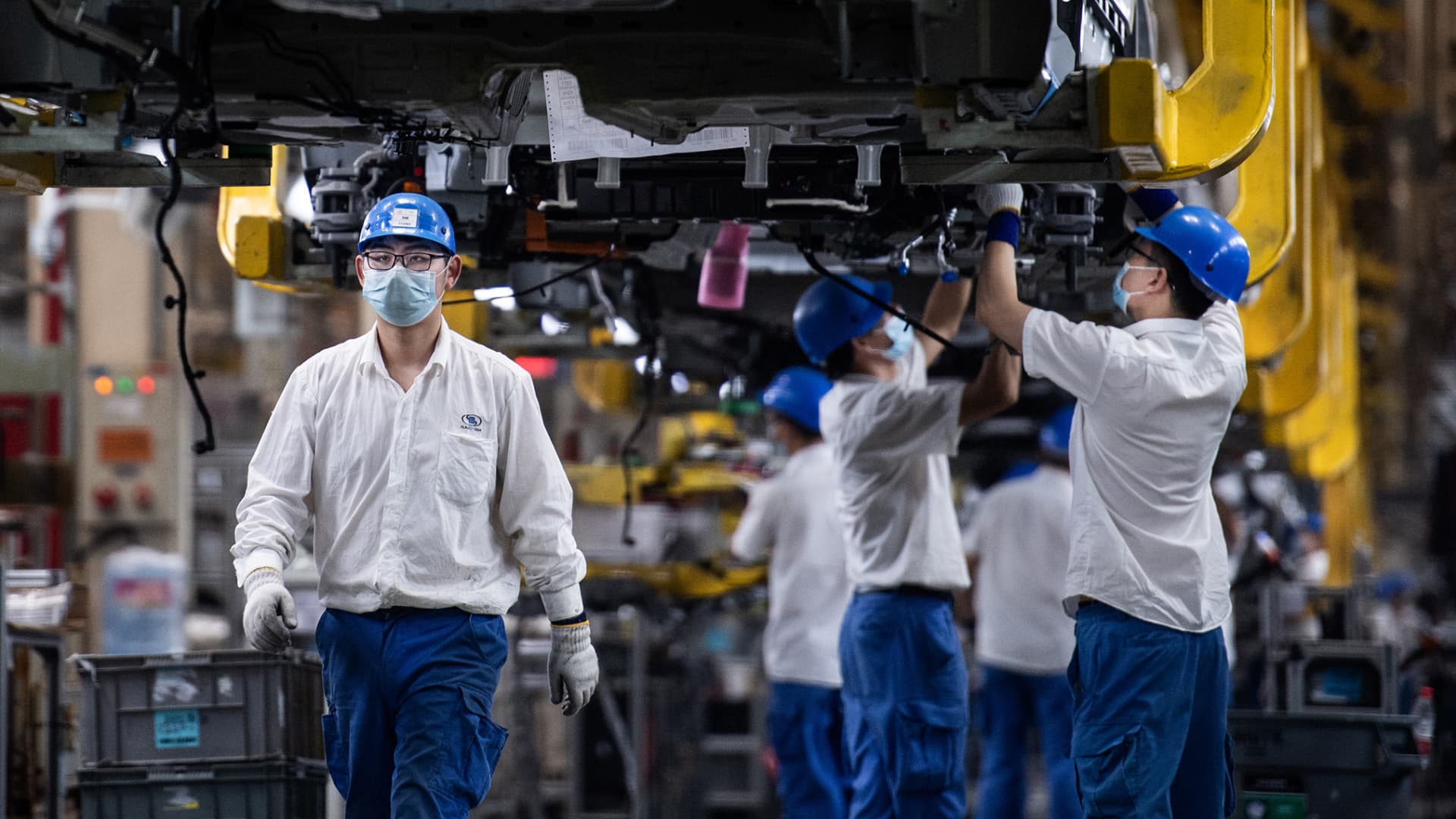Unpacking the Lessons from the ‘Mother of All Trade Wars’: Insights on U.S. Tariffs
The term “Mother of All Trade Wars” typically refers to the escalating trade tensions between the United States and China that began in 2018. This conflict, characterized by tit-for-tat tariffs and a slew of trade barriers, has far-reaching implications that extend beyond the immediate economic landscape. Economists and trade experts have analyzed these developments, unraveling lessons that can inform current U.S. tariff policies. Understanding these insights is crucial for navigating the complex global trade environment today.
The Genesis of the Trade War
The U.S.-China trade war was ignited by a variety of factors, including long-standing grievances regarding intellectual property theft, unfair trade practices, and trade imbalances. The initial strategy deployed by the U.S. involved imposing tariffs on billions of dollars’ worth of Chinese imports, which China retaliated against with tariffs of its own. This back-and-forth escalated tensions, impacting not only the two nations involved but also the global economy.
Understanding U.S. Tariffs: A Double-Edged Sword
U.S. tariffs were implemented with the intention of protecting American industries and workers. However, they also came with unintended consequences. Here’s a look at some of the impacts of these tariffs:
- Increased Costs for Consumers: Tariffs on imported goods often lead to higher prices for consumers. For instance, tariffs on steel and aluminum raised costs for sectors like automotive and construction, ultimately passing those costs onto consumers.
- Supply Chain Disruptions: Many U.S. companies rely on global supply chains. The sudden imposition of tariffs disrupted these networks, forcing businesses to adapt quickly, often at great expense.
- Job Losses in Certain Industries: While some sectors, like steel production, saw job gains, others, particularly those reliant on imported materials, faced layoffs.
Lessons Learned from the Trade War
As the dust begins to settle on the trade war, several lessons emerge that are vital for shaping future U.S. tariff policies:
1. The Importance of Multilateralism
One significant takeaway is the value of multilateral agreements. The trade war underscored the challenges of unilateral tariffs. Moving forward, the U.S. should focus on engaging with allies to form coalitions that address common trade concerns. This approach can strengthen negotiating power and lead to more sustainable solutions.
2. The Need for Comprehensive Trade Strategies
Tariffs alone are insufficient for addressing deep-rooted trade issues. A comprehensive strategy that includes diplomatic efforts, investment in domestic industries, and international cooperation is essential. For example, investing in technology and innovation can bolster U.S. competitiveness without resorting to punitive tariffs.
3. A Focus on Long-Term Relationships
Trade wars can irreparably damage long-standing trade relationships. The U.S. must prioritize maintaining and nurturing relationships with key trading partners. This not only helps in resolving existing disputes but also fosters a more stable global trading environment.
Current Implications for U.S. Tariff Policies
As policymakers reflect on the implications of the trade war, several key considerations arise:
- Reassessing Tariff Structures: There’s a pressing need to evaluate which tariffs are truly beneficial. Policymakers should analyze the economic impact of existing tariffs and consider removing those that disproportionately harm consumers and businesses.
- Addressing Supply Chain Vulnerabilities: The trade war highlighted the risks associated with over-reliance on specific countries for critical goods. As a response, diversifying supply chains can enhance resilience against future trade disruptions.
- Leveraging Technology: The role of technology in trade should not be underestimated. Emphasizing technological advancements can help the U.S. maintain a competitive edge without resorting to protectionist measures.
Global Trade Relationships: A New Perspective
The lessons learned from the trade war also extend to the international arena. Countries are increasingly aware that protectionist policies can lead to a cycle of retaliation, ultimately harming global trade. Thus, fostering open dialogue and collaboration is more critical than ever.
1. Building Trust and Transparency
Countries must strive for transparency in trade practices. Building trust through open communication can mitigate misunderstandings and foster a cooperative spirit among nations. This approach can lead to more effective conflict resolution and a more stable global trading system.
2. Emphasizing Sustainability
As global trade evolves, sustainability must be at the forefront of discussions. Incorporating environmental standards into trade agreements can create a more equitable and responsible trading landscape. This not only benefits the planet but also addresses consumer demand for sustainable products.
Conclusion: Moving Forward with Caution and Optimism
The “Mother of All Trade Wars” has undoubtedly left its mark on the global economy, but it also presents an opportunity for reflection and growth. As the U.S. navigates its tariff policies moving forward, it should heed the lessons learned from this tumultuous period. By focusing on multilateralism, comprehensive strategies, and nurturing international relationships, the U.S. can foster a more stable and prosperous global trade environment.
In conclusion, while the challenges posed by the trade war are significant, they also offer valuable insights that can guide policymakers in crafting tariffs that protect American interests without sacrificing the benefits of free trade. By leveraging these lessons, the U.S. can ensure a more resilient and dynamic economy in the years to come.
See more CCTV News Daily



